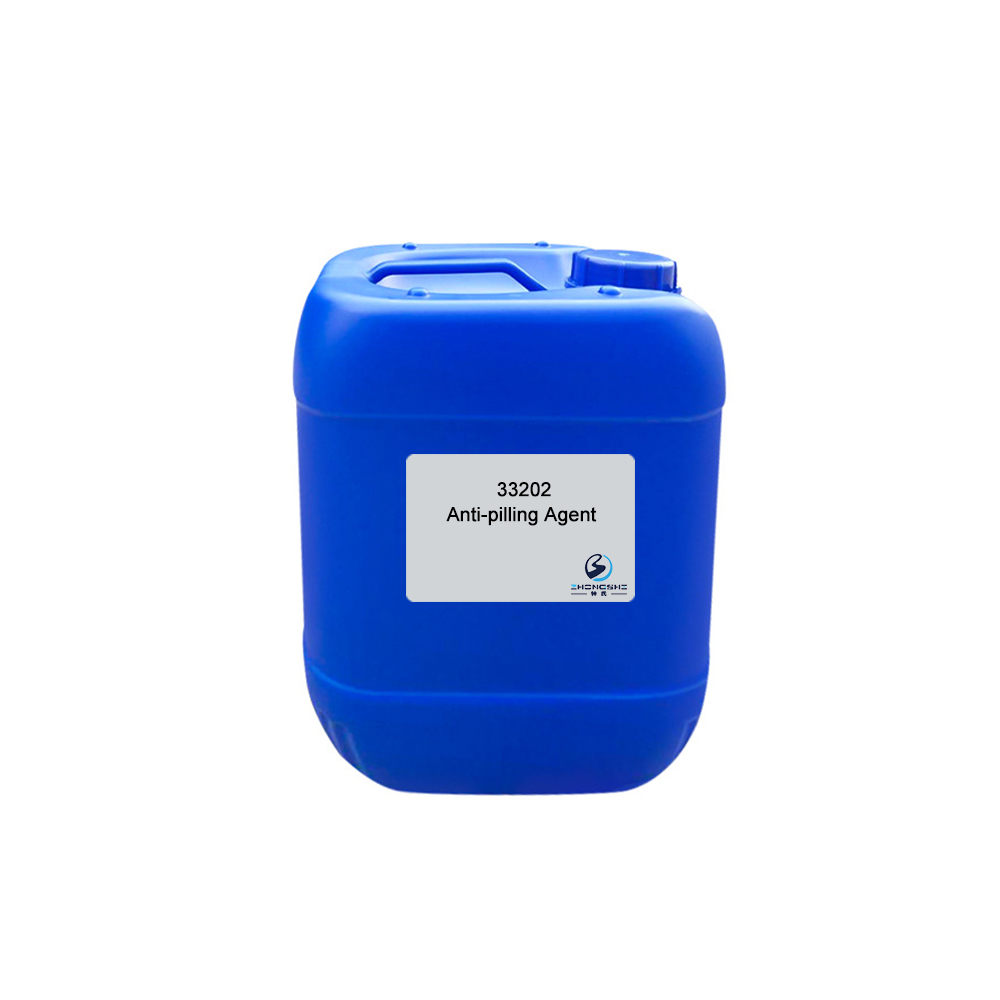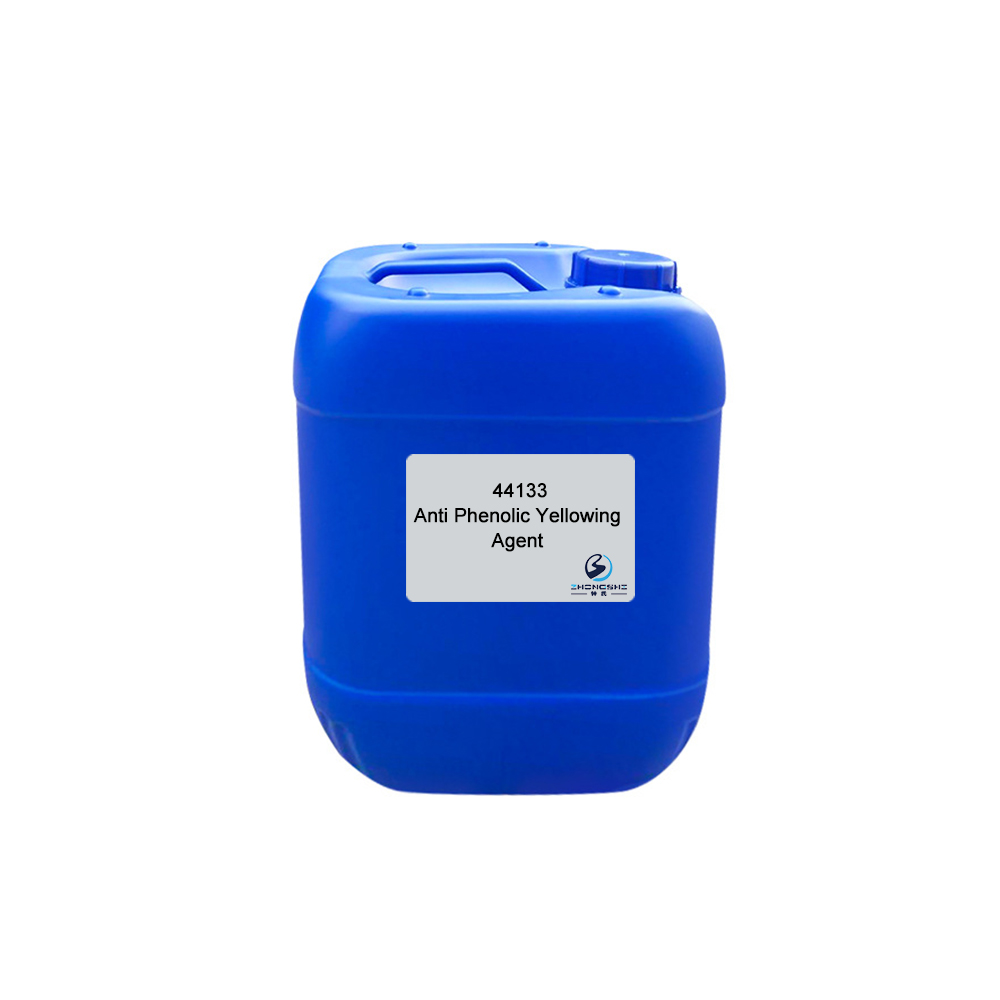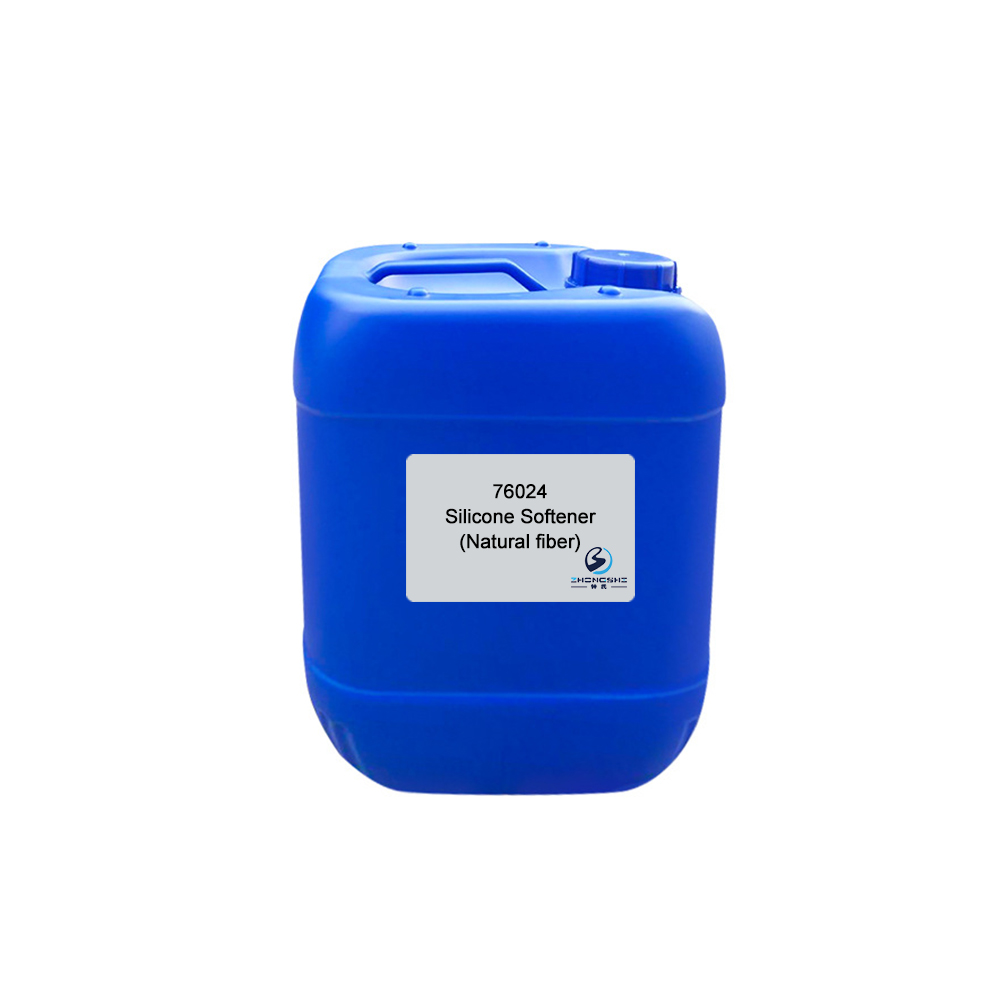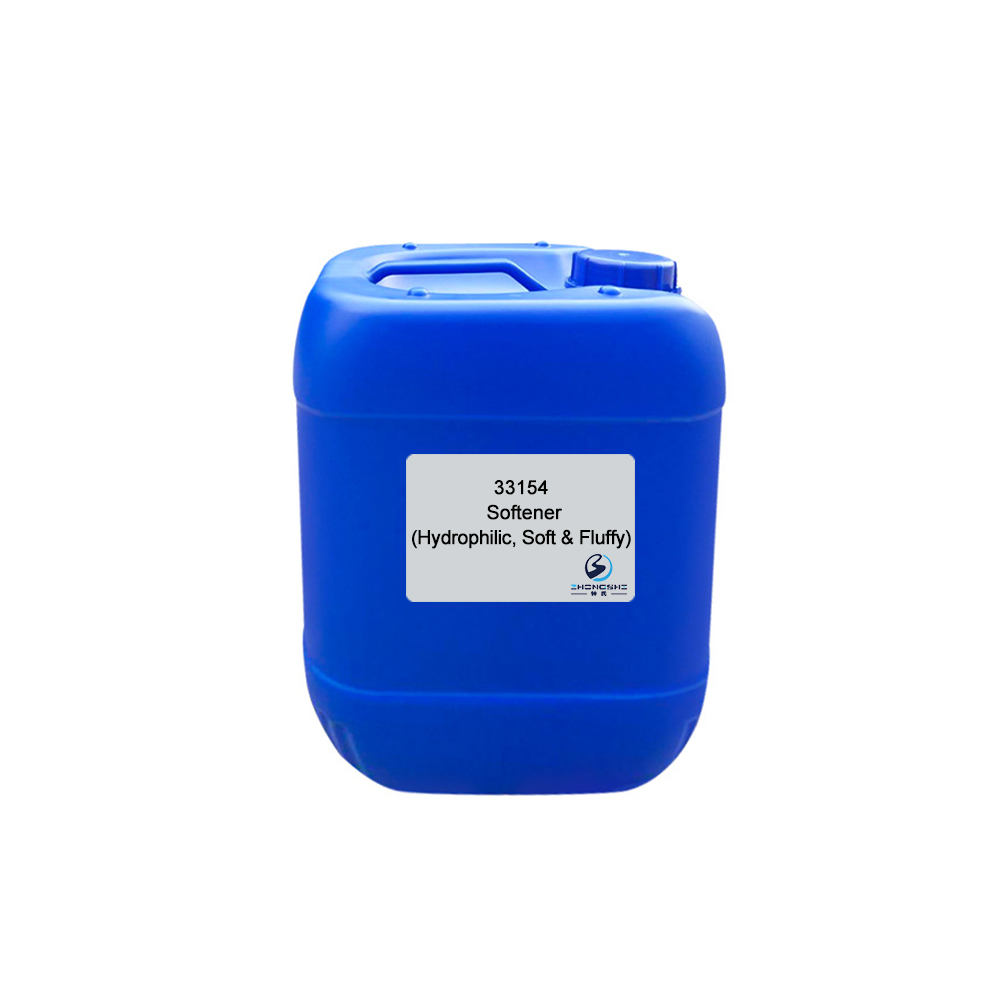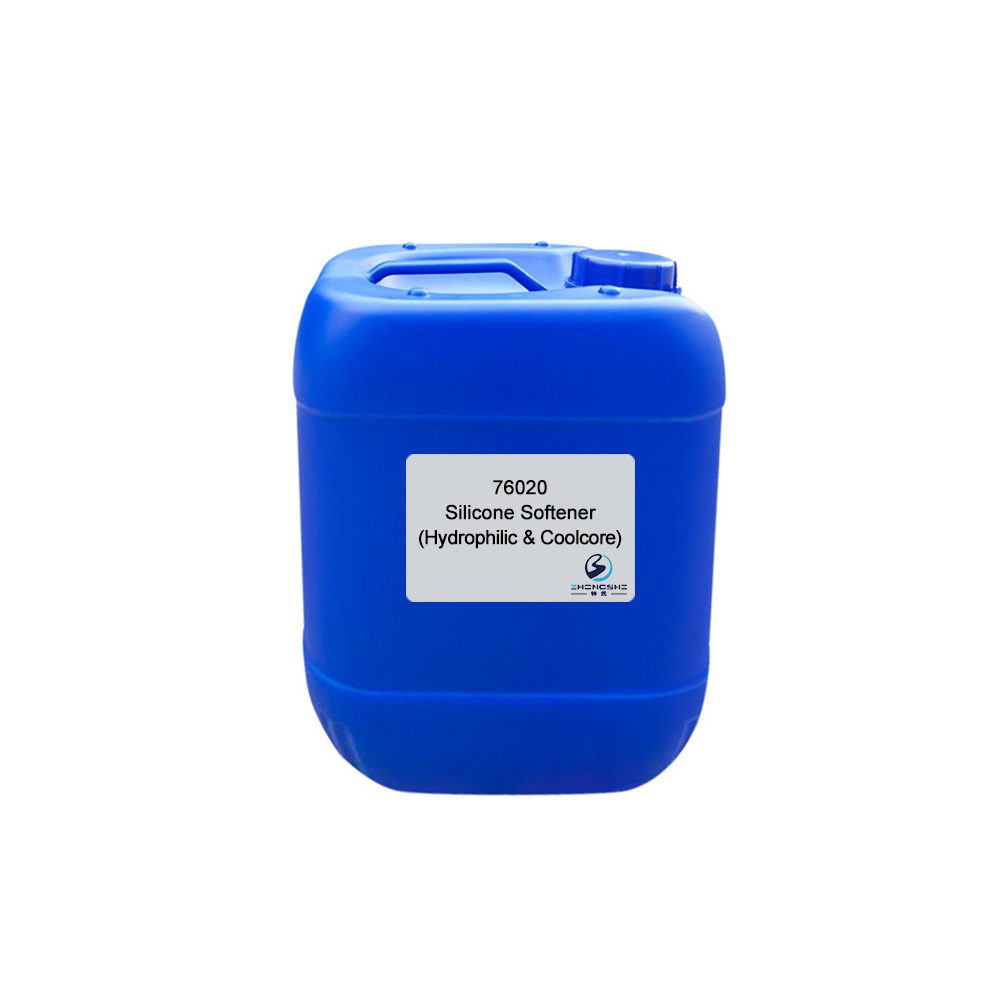Factory Outlets Fabric Anti Creasing Agent - 44038 General Purpose Flame Retardant – Innovative
Factory Outlets Fabric Anti Creasing Agent - 44038 General Purpose Flame Retardant – Innovative Detail:
Features & Benefits
- Flame retardant property: The combustion performance of processed fabrics can conform to regulations of American DOC-FF3-11 (Vertical burning method) and FZ/TO1028-93 (Horizontal burning method).
- Imparts fabrics excellent flame retardant effect.
- Easy for storage. Easy for processing.
Typical Properties
| Appearance: | Colorless transparent liquid |
| Ionicity: | Weak cationic |
| pH value: | 5.0±1.0 (1% aqueous solution) |
| Solubility: | Soluble in water |
| Application: | Cotton, viscose fiber, acrylic, polyester, wool and their blends, etc. |
Package
120kg plastic barrel, IBC tank & customized package available for selection
TIPS:
Classification and properties of textile fibers
Despite the diversity of the physical and structural forms in which they come and chemical composition of the substances from which they are made the technology of producing all textile materials starts from the same initial point which is fibers. Textile fiber is defined as a textile raw material generally characterized by flexibility, fineness and high ratio of length to thickness. It is estimated that some 90% of all fibers are first spun into yarns, which are then converted into fabrics, and only about 7% of fibers are directly used for the manufacture of the end-use products. Processes used for the production of textile materials can be subdivided into four main groups as follows:
1. Production of fibers which can be natural or man-made.
2. Production of yarn where certain technical differences exist in spinning cotton, wool, synthetic fibers and fiber blends.
3. Manufacture of woven, knitted and nonwoven fabrics, carpets, webs and other sheet materials.
4. Fabric finishing which includes bleaching, dyeing, printing and special treatments aimed at giving the final product specific properties like water repellency and anti-bacterial and fiber-retardant properties.
Traditionally fibers are classified according to their origins. Thus fibers can be (i) natural, which in turn are subdivided into vegetable, animal and mineral and (ii) man-made, which are produced from natural or synthetic polymers, and others such as carbon, ceramic and metal fibers. This classification is continuously updated mainly due to the advances in the manufacture of man-made fibers.
The application of colorants, be they dyes or pigments, to textiles can be done at different stages on the route of converting fibers into the final product. Fibers can be dyed in the form of loose mass and then used in the manufacture of either solid shade or melange yarns. In this case particular care must be taken not to cause any damage to the fibers because this may create difficulties in spinning.
There are several possible scenarios for fiber dyeing as follows:
1. Dyeing a loose mass of single fiber, for example, 100% cotton or 100% wool. This may seem to be the simplest case but nevertheless the variation in fiber properties may cause variation in the resultant color between the batches.
2. Dyeing fiber mixtures of similar origins by the same type of dyes, for example, cellulose fiber mixtures or protein fiber mixtures. The difficulty here is to achieve the same color depth in all components. For this dyes must be specifically selected in order to equalise the differences in fiber dyeability.
3. Dyeing fiber mixtures of different origins where it is possible to obtain color effects by dyeing each component to a different color. In this case it is necessary to provide uniform fiber mixture before the dyeing; an additional re-mixing after dyeing may still be required.
4. Dyeing the natural and synthetic fiber blends where typical cases are cotton/polyester, wool/polyester, wool/acrylic and wool/polyamide blends.
The selection of fibers for these blends can be explained by the complementary properties of the components. These blends represent a considerable proportion of textiles used for apparel due to lower production cost, good comfort characteristics, improved durability and better dimensional stability in comparison to 100% natural and 100% synthetic fiber products.
Product detail pictures:
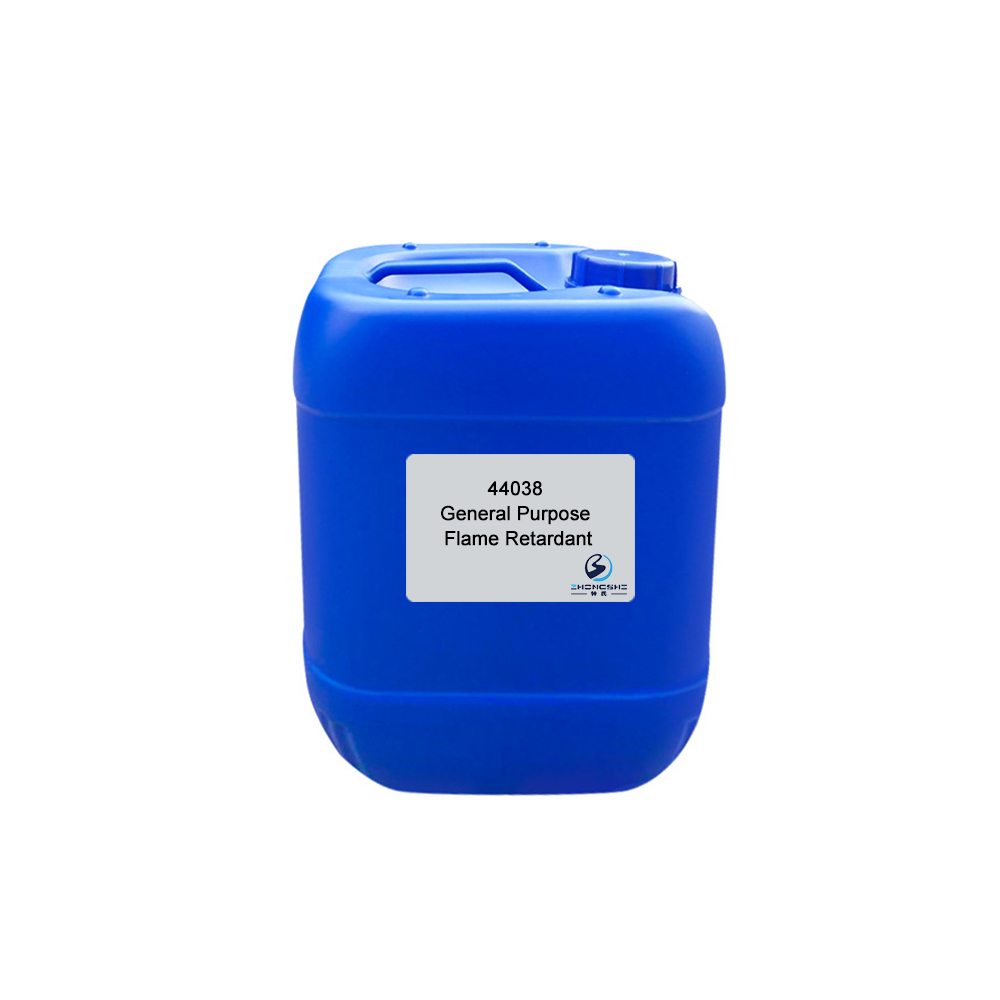
Related Product Guide:
Guangdong Innovative Fine Chemical Co., Ltd., founded in 1996, is a professional high-tech company with R&D, manufacturing, sales and service in the textile and dyeing auxiliaries industry. It provides pre-treatment, dyeing & printing and finishing auxiliaries to customers from the domestic market, South and Southeast Asia. The company is located in Shantou, Guangdong Province of China covers an area of about 40 acres and is the leading textile auxiliaries supplier in China. The second manufacturing base covering an area of about 40 acres in the Fine Industry Park of, Sihui City was established in order to provide customers with better service. Factory Outlets Fabric Anti Creasing Agent - 44038 General Purpose Flame Retardant – Innovative , The product will supply to all over the world, such as: Norway, United Arab emirates, Israel, Leveling Agent 22005 is anionic brown transparent liquid. It is eco-friendly and almost no foam. Leveling Agent 22005 is suitable for cotton and cotton blends. Leveling Agent 22005 can improve dispersing ability and dissolving capacity of reactive dyes and direct dyes. Leveling Agent 22005 has strong dispersing ability for impurities on raw cotton, as wax and pectin, etc. and sediments caused by hard water. It has outstanding chelating and dispersing effect on metal ions in water, which can prevent coagulation of dyes.
It can be said that this is a best producer we encountered in China in this industry, we feel lucky to work with so excellent manufacturer.


